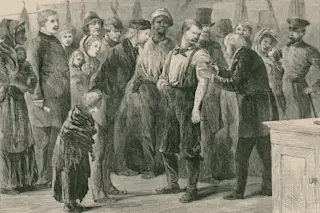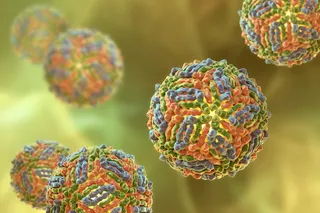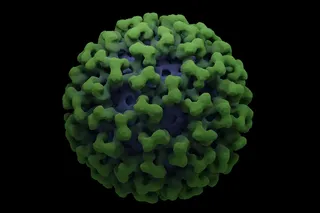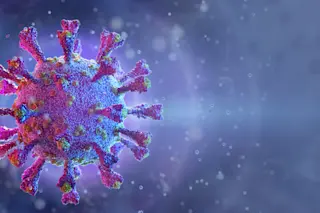Three years ago, I wrote a story for Discover that outlined the long history of anti-vaccination sentiment in the United States. Back then, the nation was experiencing a wave of measles outbreaks across its metropolitan centers in places like Kansas City, Austin, Seattle, Portland and Phoenix — all as a result of parents choosing not to vaccinate their children against this highly infectious disease.
At the time, COVID-19 didn’t exist, and many never would have imagined a virus like this ripping through the country like wildfire. Many of the illnesses we vaccinate against today are gone or mostly gone. We don’t see smallpox, polio or mumps ravaging our population, so it can be easy to forget the damage that these diseases can do, and to think that vaccinations are no longer a necessity. But COVID-19 changed that.
We’re now watching more than 1,000 Americans dying at the hands of this ...















